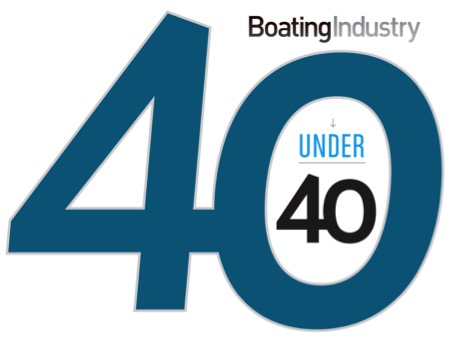The Difference Between Sales and Service
For years I mused that there were some distinct differences between the people who were drawn to work in sales and those who migrated towards the service department. Then I got the opportunity to prove it with a simple test. Understanding the results of this test can help get your service and sales departments to work more effectively.
The test was very straightforward. I was teaching four days of product training. The first two days were for sales and the second two days were for service and parts. Each day, after lunch, I asked the class to move all of the tables and chairs to the back of the meeting room. How do you think the sales people reacted? What about service?
If you have worked in a dealership for any amount of time it is not hard to imagine the results. Two days in a row the sales people reacted very similarly. They looked at me and at each other and began to talk about it. “Why did I want the furniture moved?”
One helpful salesman even pointed out that there was a phone in the back of the hotel meeting room that rang to the banquet department guys who would be able to move the things for us while we took a break. One thing was certain – everyone was planted firmly in their seats!
Now to the service people, they too had similar results on both days. No sooner had the last word gotten out of my mouth and they were a fury of activity. Was there much talking? Interestingly, the words being spoken were that of direction “you get the books up and I’ll get the table cloth and water.” The reaction both days was so explosively instantaneous that it took some doing to get them to stop. They were locked in on a mission and nothing was going to easily derail them.
If you are service worker reading this right now, you are probably saying to yourself, “Yeah, that’s right, nothing would get done around here if it weren’t for us.” Before you congratulate yourself too much, ask yourself, does this ever get you into trouble?
Do we get so wrapped up in tunnel vision towards action that we sometimes fail to really take the time needed to truly listen and understand the purpose or big picture? Would it help us gain customer and coworker trust and appreciation if we took a minute to clarify the reason why the work needs to be done and to empathize or clarify our understanding of the situation before we charge forward with action?
So many times this is such a frustration for the service department. It seems to them that they bend over backwards for a customer or coworker and then don’t get any appreciation for it. This leads to comments like “I didn’t even charge the customer for that and they still nailed us on the CSI,” or “Sales doesn’t even realize how much we do for them.” Keep in mind, we fix customers and boats and you must fix the customer first or no amount of good work will make up for it. Similarly with the internal relations, just a moment discussing the situation can make the bond that will create good teamwork.
Back to the sales department, when you look at the test, whose needs were they most concerned with? It certainly was not the meeting leaders and similarly it is not always the customers or the other departments’ needs that are in the forefront of their brains.
When you really look at though, it should be. What does the customer need and want? If we can’t answer that question our chances of selling them something are slim. This gets even more apparent in a slower market. If you are thinking only of your own comfort or commission, you are more likely to spook a customer and run them off the lot.
People are quite in tune as to whether or not you asked good questions, listened, took notes, and showed them product that fit their requests. So talk less and ask and listen more salespeople…and this applies to your service department relations as well.
The next time you are tempted to squeeze in one of your customers, take a moment to see what the service schedule looks like. You might just find that they are busy working on more of your customer’s boats – and that may impact your future commissions if you make a rash decision to fill your immediate needs.
We need our sales people to have a driving need to sell and we need our service people to want to jump in and ‘git- r-done.’ But we also need to understand that both sides will do a better job if they are more in tune and understanding of the other.?




